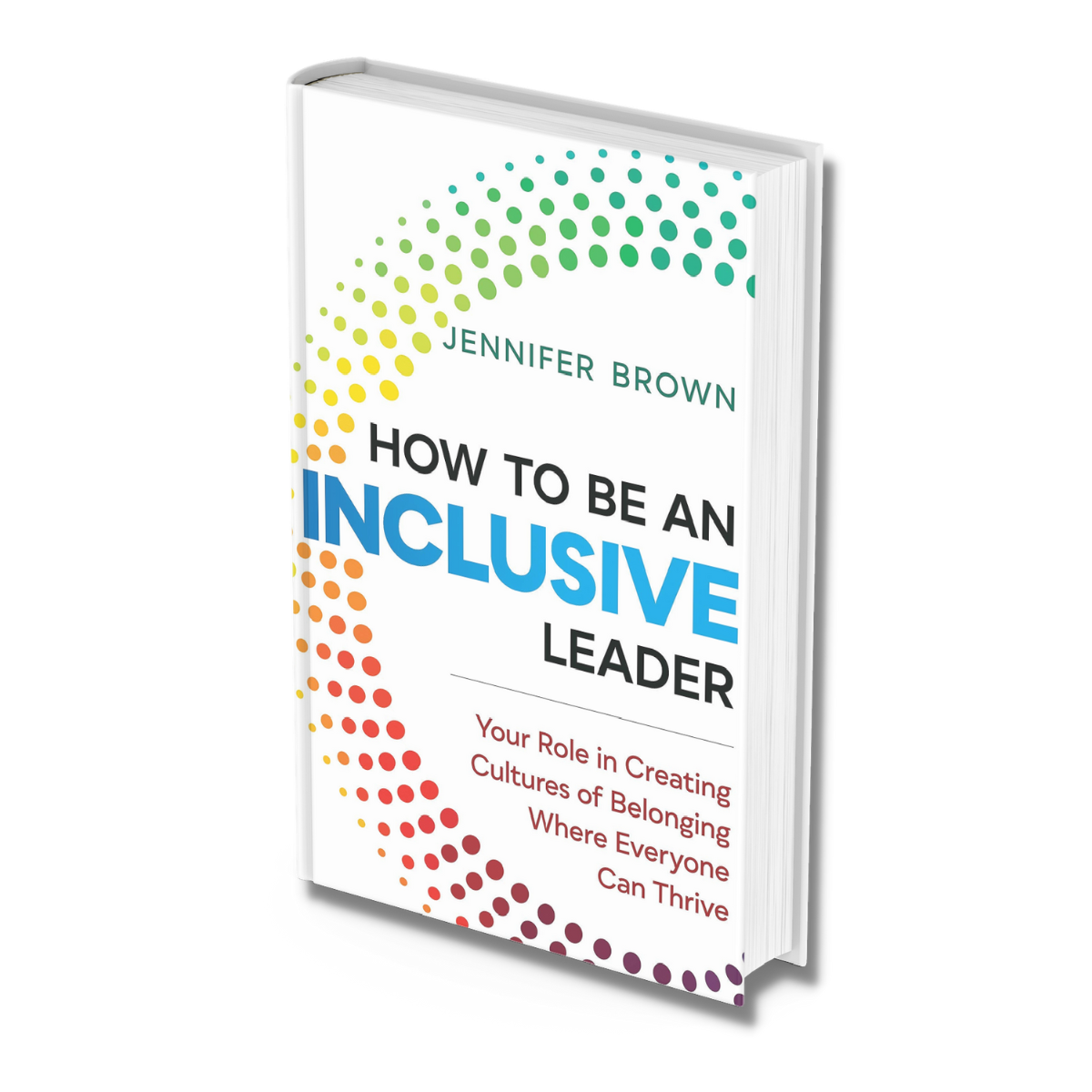
“None of us is as smart as all of us.”
~ Ken Blanchard
Remember that ride at the fair when you were a kid? The one with the minimum height requirement, and you could not wait until you were tall enough to hop on. It was a clear objective line, either you were tall enough or you weren’t. But what if the ride operator made the decision on who could ride based on the color of someone’s shirt, what street they lived on, or what their favorite ice cream flavor was? Even though every kid paid the same amount for the ticket, if you were never wearing the right color shirt, or you didn’t live on the right street you would have nothing to look forward to, and eventually, you would find another ride that did want your ticket.
The same thing happens in classrooms, council meetings, town halls, board rooms, and team meetings all around the world every day, except the “ride” is an opportunity – to contribute, join a project, collaborate, get hired or promoted, have your voice heard, etc. The ride operators are any type of leader such as teachers, managers, politicians, executives, or team members. Although you have bought your ticket – you’re qualified, maybe even more qualified than others – leaders continue to lean on the same people for their perspectives. They make decisions on who to grant opportunities to based on arbitrary factors. Maybe not quite shirt color or street names, but not too far off. Conscious or unconscious biases based on where you grew up, what you look or sound like, where you went to school, who you’re married to, and maybe even your favorite ice cream flavor influence even the smallest everyday leadership decisions. Consider who you typically call to bounce an idea off of, email a draft for feedback, or who gets pinged with a quick question. Over time the same kinds of responses and ideas are heard, advanced, and considered “desirable” while yours and others which are different, unique, and could push the limits of conventional thinking are unsought, ignored, unwelcome, and shut down.
In classrooms, council meetings, town halls, board rooms, and team meetings all around the world every day exceptional talent is being wasted and eventually, they will leave and find a different ride where their ticket is valued.
This week’s inquiry…
What you can do right now: write a list of your team members in alphabetical order. Go down that list to disperse questions, projects, get feedback, call on in meetings, etc.
Dive Deeper…
Gain insights from Joshua Bingwa, a young man who shares what makes humans different from the other creatures on the planet, a power deep within each of us which has allowed us to evolve into the advanced civilization we are now. As humans, the power to question is what differentiates us. The ability to question should therefore be fostered and embraced, as all questions will be from different perspectives and help to reach beyond our limitations.
“Every person in this room shares around 50% of their DNA with a banana. You can put that on your C.V.”
Anyone can – and should – be an inclusive leader. Author Jennifer Brown lays out simple steps to help you understand your role, boost your self-awareness, take action, and become a better version of yourself in the process. This book will meet you where you are and provide a road map to create a workplace of greater mutual understanding where everyone’s talents can shine.


